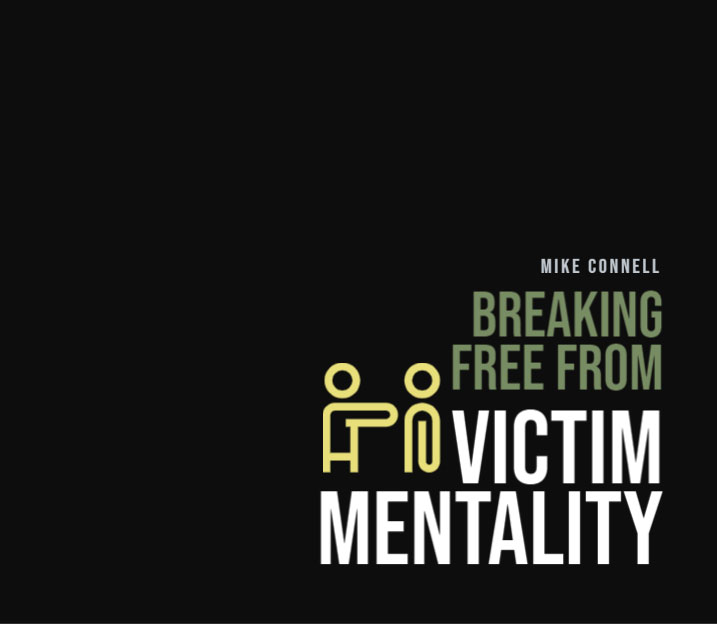 Victim Mentality is a way of viewing yourself, and viewing life, that causes you continually to fail in relationships and life. You can be a Christian with victim mentality, and never break out or change your patterns. I'm very concerned about the patterns of lifestyle, the patterns of believing and thinking, that we change them, so we can unlock the potential and fulfil the destiny that God has for us.
Victim Mentality is a way of viewing yourself, and viewing life, that causes you continually to fail in relationships and life. You can be a Christian with victim mentality, and never break out or change your patterns. I'm very concerned about the patterns of lifestyle, the patterns of believing and thinking, that we change them, so we can unlock the potential and fulfil the destiny that God has for us.
I want you to look with me in Romans, Chapter 8. Last time I was up preaching I just shared with you about slave or son [Kings Arise series], and we've touched on the whole area of an orphan spirit; we touched on the area of God's desire for us to be sons, and there's a lot of that found in Romans, Chapter 8. So I want to read first of all from Verse 34, and today I want to just talk about how to break out of victim mentality, how to break out of victim mentality. I've read on the Internet and searched around, found there's a lot of secular material on it, and it's very helpful. Much of it's very helpful in identifying victim mentality.
It's a widespread phenomenon that's absolutely devastating, devastating to relationships. People who have this mentality cannot succeed in forming emotional intimacy in relationships, so many times people suffer in their relationship and have got no idea why. They just put up with something less than what God intended, but every one of us has a yearning for intimacy, every one of us has a yearning for something close in the area of relationships. So notice here - so victim mentality as we'll see in a moment, I'll define it - is a way of viewing yourself, and a way of viewing life, that causes you continually to fail in relationships and life. You can be a Christian with victim mentality, and you would live your life in such a way that no matter how much preaching you get, you never break out or change your patterns. I'm very concerned about the patterns of lifestyle, the patterns of believing and thinking, that we change them, so we can unlock the potential and fulfil the destiny that God has for us.
But notice this in these verses, Verse 34: Who is it that condemns us? Is it Christ who died, and has also risen, and at the right hand of God who's making intercession for us. Obviously not, He doesn't condemn us - so then, who shall separate us from the love of Christ? Shall tribulation, distress, persecution, famine, nakedness, peril or sword? Now that's a lot of difficult, challenging situations. Now you may have had a few of those of course, tribulation, tremendous pressure, financially, relationships and so on, distress, persecution - I doubt it but you might have had some; famine - I doubt it. Everyone looks well fed; nakedness - oh I don't see any of that around; peril - well maybe there's some of that; the sword - well, who knows what goes on, you know? There it is - as it's written: For Your sake we are killed all day long; We are counted as sheep to the slaughter.
Now you notice he's describing a number of extremely painful experiences the church were having. Now - notice what he says - but in all of these things, we are more than conquerors through Christ Jesus, who loves us! Now that's not a victim mentality. What he's saying is, the early church suffered persecution, were victimised, hunted down, treated like criminals, were put on display, and fought with animals and destroyed by animals. Nevertheless, he says we are - actually we're not just conquerors. We're 'more than' - see? More than conquerors. That means we gain decisive victories in life. That means we vanquish totally the things that come against us. It means a surpassing victory, whatever situation we are in. Now that's the kind of life that Christ died for us to have - surpassing victories. I can see that's going down really flat. [Laughter] It's not resonating yet, because often our experience - this is what happens, the moment you hear a verse like that, of surpassing victories. Inside your heart measures up my life experience against that scripture, and concludes something is wrong here, between what I experience and what this is saying.